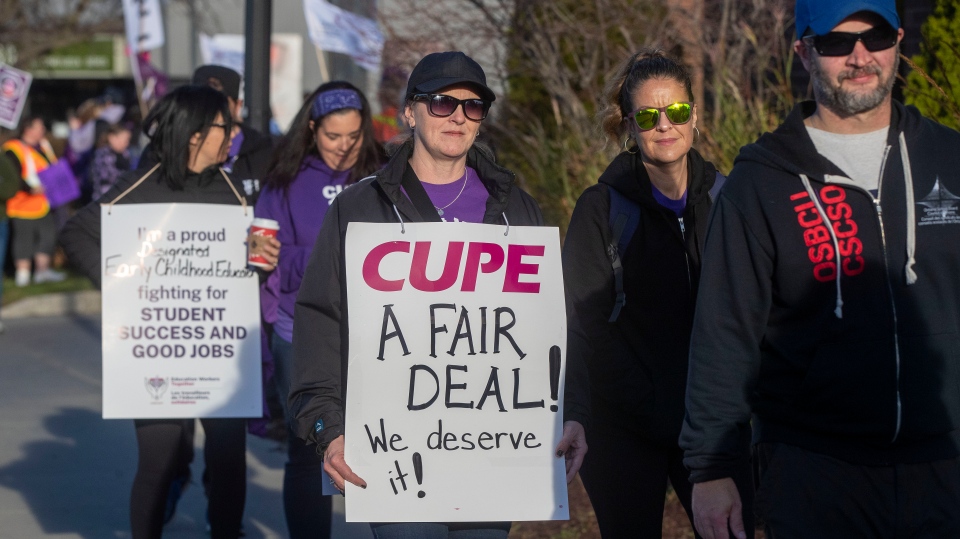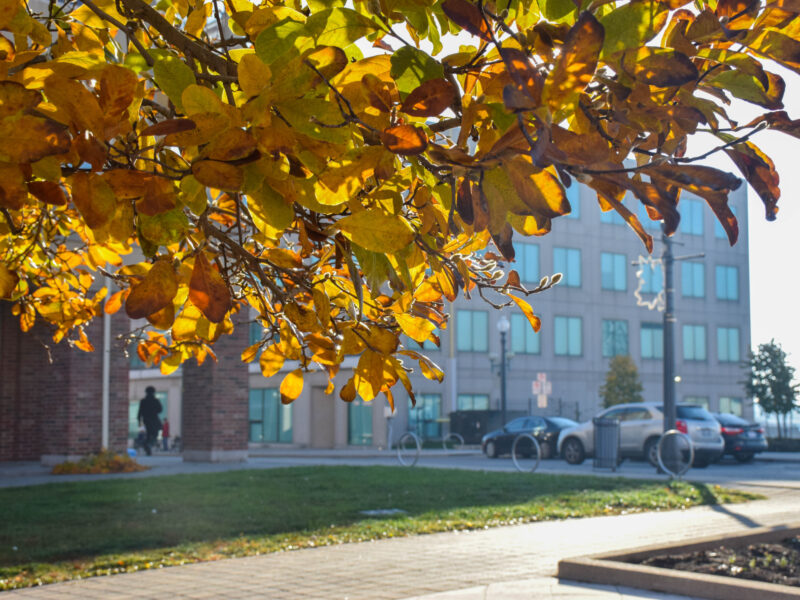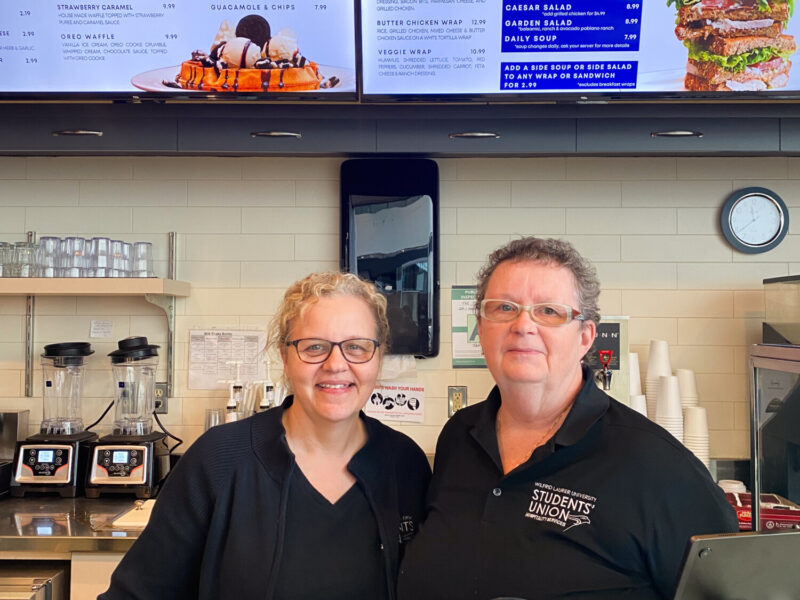Photo courtesy of The Canadian Press
The Canadian Union of Public Employees (CUPE) called off their province-wide strike in Ontario on Nov. 7.
Throughout Ontario, education workers protested Premier Doug Ford’s use of the Notwithstanding Clause in the Canadian Charter of Rights and Freedoms.
The clause made it illegal for CUPE to strike. It also imposed a four-year contract before negotiations would resume.
CUPE represents educational assistants, early learning and childhood caretakers, social service employees, librarians and many more staff in education.
The legislation has been repealed and goes to the legislative floor on Nov. 14.
“Our members are the lowest paid in the education sector, so 1 per cent of 21 dollars an hour is not a sufficient wage increase,” said President of CUPE Local 5100 Sarah Kuva. “We were asking for $3.25 per hour, per member, per year of the contract.”
She said they are also hoping for increases in funding for staffing, benefits and job security, so school boards cannot make cuts for the school year.
Kuva said the use of the clause also takes away the rights of CUPE members to bargain locally. They could not decide the operation hours of educational support members.
“That’s it. They get to set what we get paid, they get to set what conditions we work under, they get to set all the rules and we just have to say ‘OK,’” said Robin Sweers, the communications coordinator of CUPE 5100 and communications chair for the Ontario School Board Council of Unions. “We have no rights.”
Sweers has been an educational assistant for over 20 years and currently works at Pauline Johnson Collegiate in Brantford.
She said educational assistants and other CUPE members are not paid for the periods when schools are closed. This includes March Break, Summer Break and one week of Christmas Break.
“Inflation’s gone up 17 per cent in the last decade, my wage has gone up 8 per cent,” said Sweers. “Basically, it’s having a pay cut.”
CUPE members, like Sweers, often work with children who have developmental and physical challenges. Education support workers and assistants work towards making children feel included. These children receive less support in their learning, as there are issues with the recruitment and retention of educational assistants and other support staff.
“Not a lot of people understand how important we are,” said Sweers. “Education support workers are the people who, every single day, help make that happen.”
CUPE was supported by other unions and organisations, such as United Steelworkers, the Elementary Teachers Federation of Ontario and the Ontario Autism Coalition.




